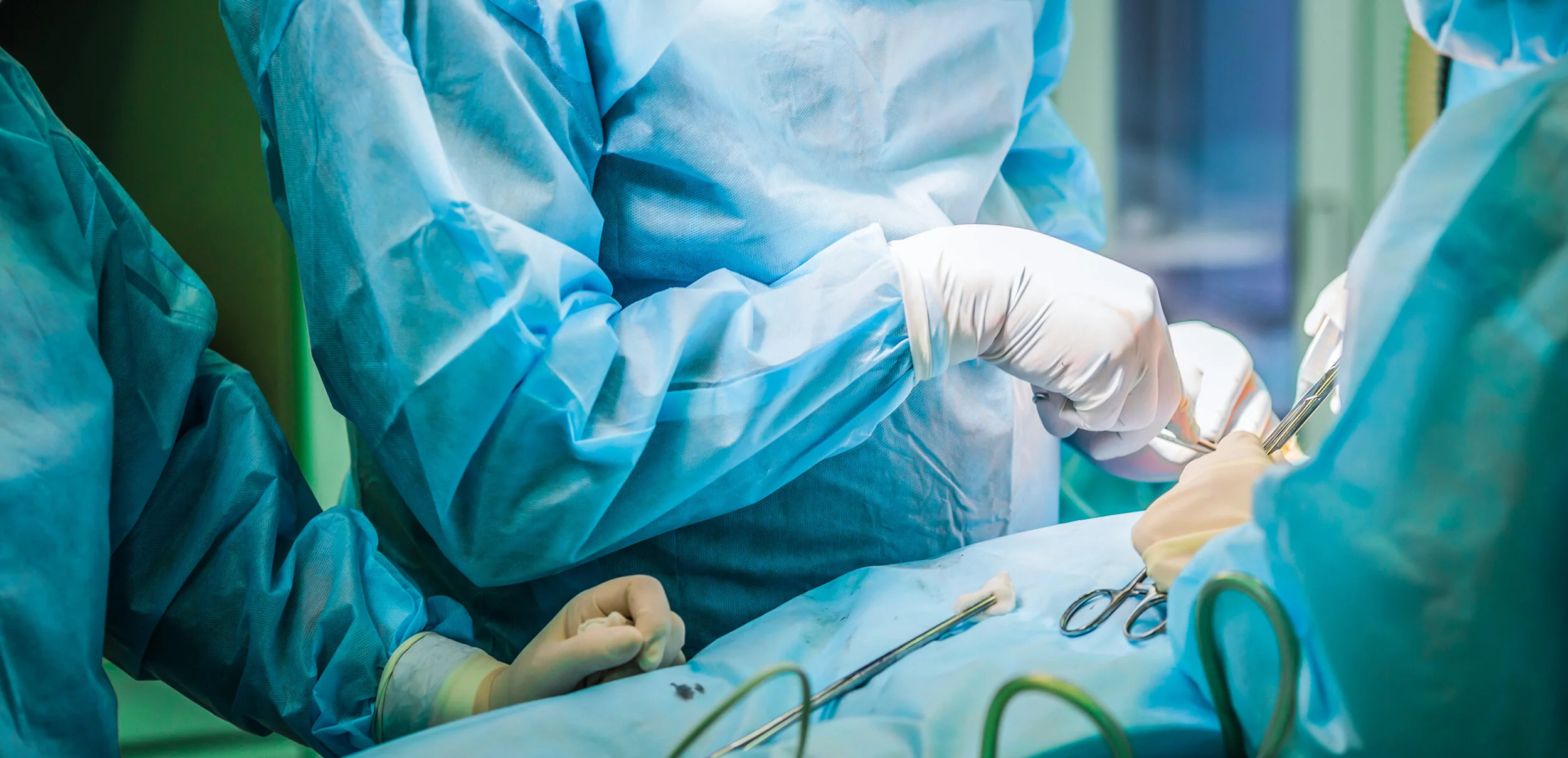About OPSL
OPSL was founded to innovate products in the field of organ preservation and transplantation to improve patient and clinical outcomes. The initial, near market technologies are based on decades of research carried out in the NHS by one of Europe’s leading transplant surgeons, Professor Peter Lodge – Clinical Director of Surgery at Leeds Teaching Hospitals, and Dr David Potts – Honorary Visiting Lecturer in Pharmacology at Leeds University. OPSL was incorporated in January 2016 with investment from Brightstar Partners, who bring unique expertise in commercialising cutting-edge medical technology. OPSL works with a close network of leading professional bodies and contract organisations that deliver the pre-clinical, clinical, regulatory and manufacturing services necessary to develop our products for market.
LS-A
™
-
Abdominal Organ Transplant Solution
Dr David Potts, a renowned kidney physiologist with a background in pharmacology, began the early LS-A™ work with the kidney. After extensive testing on transplant models a successful clinical trial was launched at St James’s University Hospital in Leeds and trials involving 90 patients followed over several years. Work then concentrated on improving this basic solution with the addition of components that the OPSL team felt would further improve not only kidney but also liver function. Professor Peter Lodge worked with Dr Potts to improve LS-A™ further to adapt it for liver preservation. Measurements of bile flow, enzyme release and overall function have shown strong, progressive improvements, with results that can only be described as astounding and indeed comparable to recent advances described with warm perfusion advances. One of the key advances with LS-A is that it has been adapted to preserve all of the abdominal organs, making organ retrieval a more streamlined and straightforward process.
LS-T™-
Thoracic Organ Transplant and Cardioplegia Solution
The OPSL team has used its extensive knowledge of physiology, pharmacology and its leading position in clinical transplantation to adapt LS-A™ to work for heart preservation, creating a completely tailored formulation: LS-T™. LS-T™ has also been developed for cardioplegia in open heart surgery. For experiments involving the heart, physiological measurements are as important as biochemical measurements. The company’s heart-lung preservation work will undergo clinical trials in 2022. Recent results using a working heart model show impressive efficacy.
Investing in the future
There has never been a greater need for advanced organ preservation solutions, and the need is growing. More than 200,000 patients in Europe and the US await lifesaving organ transplants. The requirement for organ transplantation will continue to rise based on an ageing global society, and an increase in the number of chronic diseases and organ failure worldwide. It is more important than ever to ensure that each organ is afforded the best preservation solution possible.
OPSL are well placed to make a dramatic impact in the organ preservation field with two advanced cold static organ preservation solutions, which have outperformed current ‘Gold Standard’ solutions in all pre-clinical trials. They are working closely with the NHS as a platform for a worldwide launch. The solutions’ improved handling due to lower viscosity is seen as an important lever in the rapid uptake by surgeons and healthcare providers. Further to this, they have a strong IP position with a newly filed patent providing the potential of a further 20 years of patent life and further IP to support product expansion across the transplant area. They have advanced strategic partnership discussions with key players in multiple markets, suggesting diverse options for OPSL’s future.






